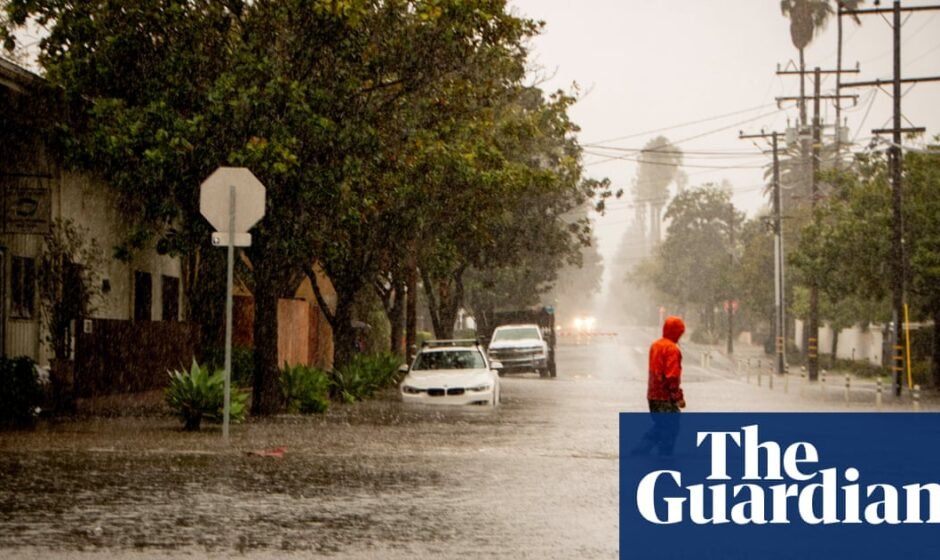Scientists Warn World is Ill-Prepared for Increasing Climate Disasters
Scientists are sounding the alarm that the world is unprepared for the escalating frequency of climate disasters, as human-driven global heating continues to set new records. From deadly floods in California to devastating fires in Chile, the impacts of climate change are becoming more severe and widespread.
The hottest year in history, 2023, has been followed by the warmest ever January. Heatwaves that would normally occur in June are now sweltering many regions in the northern hemisphere. Marine scientists are shocked by the prolonged and intense heat at the surface of the oceans.
Scientists attribute the extreme heat to human activity, particularly the burning of fossil fuels and deforestation. Natural factors, such as the El Niño phenomenon in the Pacific Ocean, have also contributed to the intensification of heat. This trend is expected to continue until at least spring.
According to the US’s National Oceanic and Atmospheric Administration, there is a one in three chance that this year will be even hotter than the record-breaking year of 2023. As global temperatures rise, the risk of fires and flooding increases.
Recent climate-related disasters serve as grim reminders of the severity of the situation. In Chile, over 120 lives were lost in the deadliest forest fires in the country’s history. A decade-long drought and a shift from diverse natural forests to vulnerable monoculture plantations contributed to the devastation. Meanwhile, in California, an “atmospheric river” fueled by the warm Pacific Ocean caused unprecedented rainfall and resulted in multiple casualties.
Although further research is needed to determine the exact role of human-driven climate disruption in these calamities, they align with the overall trend of increasingly severe impacts. Climate professor Raul Cordero warns that some regions are facing climate-fueled disasters for which they are unprepared.
Richard Betts from the UK’s Met Office’s Hadley Centre emphasizes that many extreme events, such as longer heatwaves, heavier rainfall, increased drought, and more fire weather, are becoming more severe due to human-caused climate change. Betts emphasizes the urgency of reducing greenhouse gas emissions to limit the worsening of these extremes.
Of great concern is the impact on the world’s oceans, which absorb most of the excess heat from global warming. Scientists have warned that sea surface temperatures in 2023 were unprecedented, with dire implications for atmospheric regulation and storm intensity.
Francesca Guglielmo, a senior scientist at the EU’s Copernicus satellite monitoring service, warns that 2024 is continuing the trend of exceptional temperatures and extreme events. There is a likelihood that 2024 will set a new record with global temperatures surpassing 1.5C above pre-industrial levels for the first time.
Scientists are now considering risks that were previously unthinkable. The extraordinary events of 2023 have prompted new hypotheses, indicating a potential acceleration in the rate of global warming. It is clear that urgent action is needed to mitigate and adapt to the changing climate.



